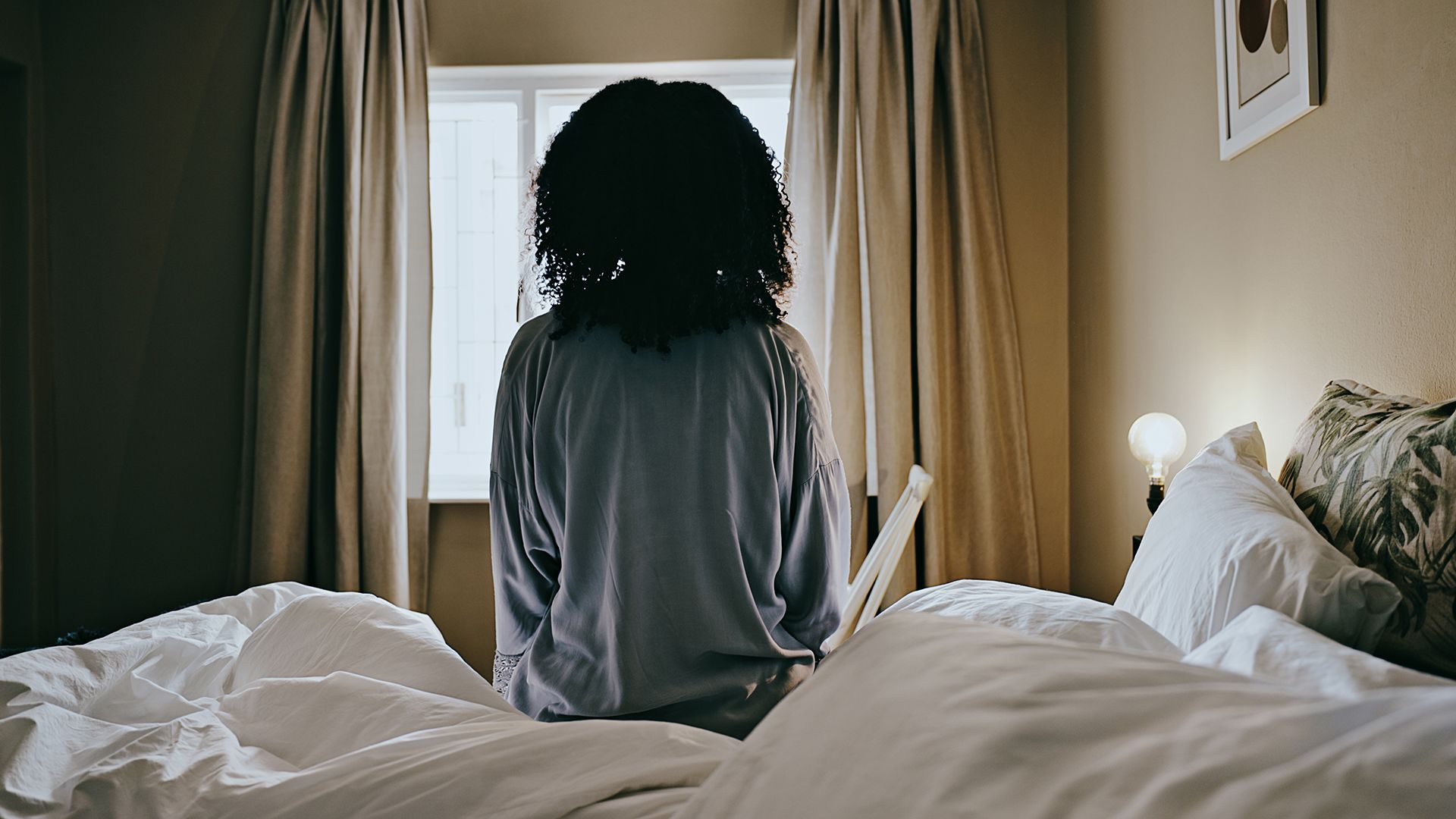Updated on September 23, 2024
According to the National Institute of Mental Health, bipolar disorder affects about 2.8 percent of adults in the United States. The average age of onset is around 25 years old. Many people who have bipolar disorder live with the condition for many years before they’re properly diagnosed and treated.
Bipolar disorder, previously called manic-depressive disorder, is a mental health condition. Those with bipolar disorder experience changes in their mood, activity levels, ability to concentrate, and overall energy. While everyone has ups and downs in their energy and mood, a person with bipolar disorder experiences such extreme shifts that their daily life is negatively affected.
Understanding symptoms
There are two main sets of symptoms that characterize bipolar disorder—depression and mania. Signs of depression may include:
- Sadness, emptiness
- Lack of pleasure from daily activities
- Significant weight loss or gain
- Inability to sleep at night or stay awake during the day
- Feelings of worthlessness
- Inability to concentrate and make decisions
- Thoughts about death, wanting to die, or suicide
Episodes of depression last for at least two weeks.
Without treatment, manic episodes may last from weeks to months, but these can vary by intensity and length. Generally, symptoms may include:
- Exaggerated euphoria. This is an intense feeling of happiness or excitement.
- High energy
- Irritability or rage
- Lack of concentration
- Decreased need for sleep
- Changes in appetite
- Inflated sense of self-esteem
- Rapid and excessive speech
- Racing thoughts
- Impulsivity and impaired judgment, which may include excessive spending, sexual promiscuity, and reckless driving
Some people with bipolar disorder experience hypomanic episodes. These are manic episodes that are shorter in duration (at least 4 consecutive days) with symptoms that are less intense.
Challenges for diagnosis
Diagnosis can be challenging for a few reasons. One is that some of the condition’s symptoms can be associated with other mental health conditions, such as major depression, schizophrenia, and attention deficit/hyperactivity disorder (ADHD). These conditions share many common symptoms with bipolar disorder.
Another challenge is that people with bipolar disorder tend to seek help during a depressive episode—while the high energy and bursts of creativity common in manic episodes are sometimes a welcome relief. So, a person is less likely to seek help for manic or high-energy episodes. The trouble is, if diagnosed and treated for depression alone, antidepressants can increase the chances of having a manic episode in someone with bipolar disorder.
Getting an accurate diagnosis
If you experience bouts of depression and mania, it's important to look at the pattern of your moods over a long period of time to help your healthcare provider (HCP) better treat you.
"Getting a patient's medical history and conducting a structured interview with them is the best way to arrive at a diagnosis," says Thomas Jensen, MD, a San Diego-based psychiatrist and former medical director of the International Bipolar Foundation. "We have to walk through each symptom of the mood disorder." Your HCP may ask your permission to talk to close friends and family members as well. "If other people can endorse the symptoms, we can arrive at a better diagnosis."
To help make an accurate diagnosis, your HCP will give you a physical examination and run any medical tests that may help rule out other causes of your symptoms. If you do not have a medical condition that is causing your symptoms, they can refer you to a psychiatrist or other mental health care provider, who will speak with you about not just your moods, but also your thoughts, sleep patterns, dietary patterns, and your family history.
They’ll compare the symptoms that you and your family members report with those listed in the Diagnostic and Statistical Manual of Mental Disorders, which is a book published by the American Psychiatric Association. This manual lists the criteria for diagnosis of mental health conditions, according to experts in the field.
Hope and healing go hand-in-hand
Bipolar disorder can negatively affect many areas of life if left untreated. It can affect personal relationships, and undermine career prospects. And although it's an illness that requires continued treatment with an HCP, there are effective treatments that can lead to a fuller, more balanced life.






